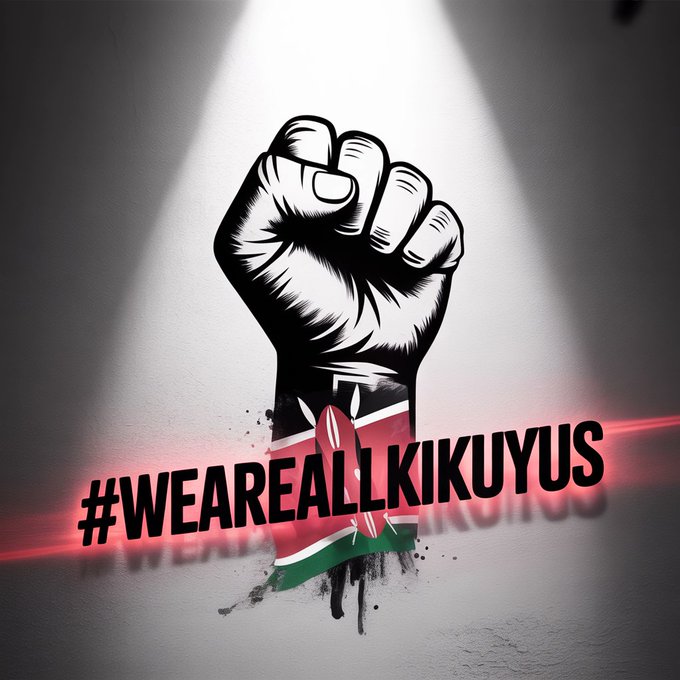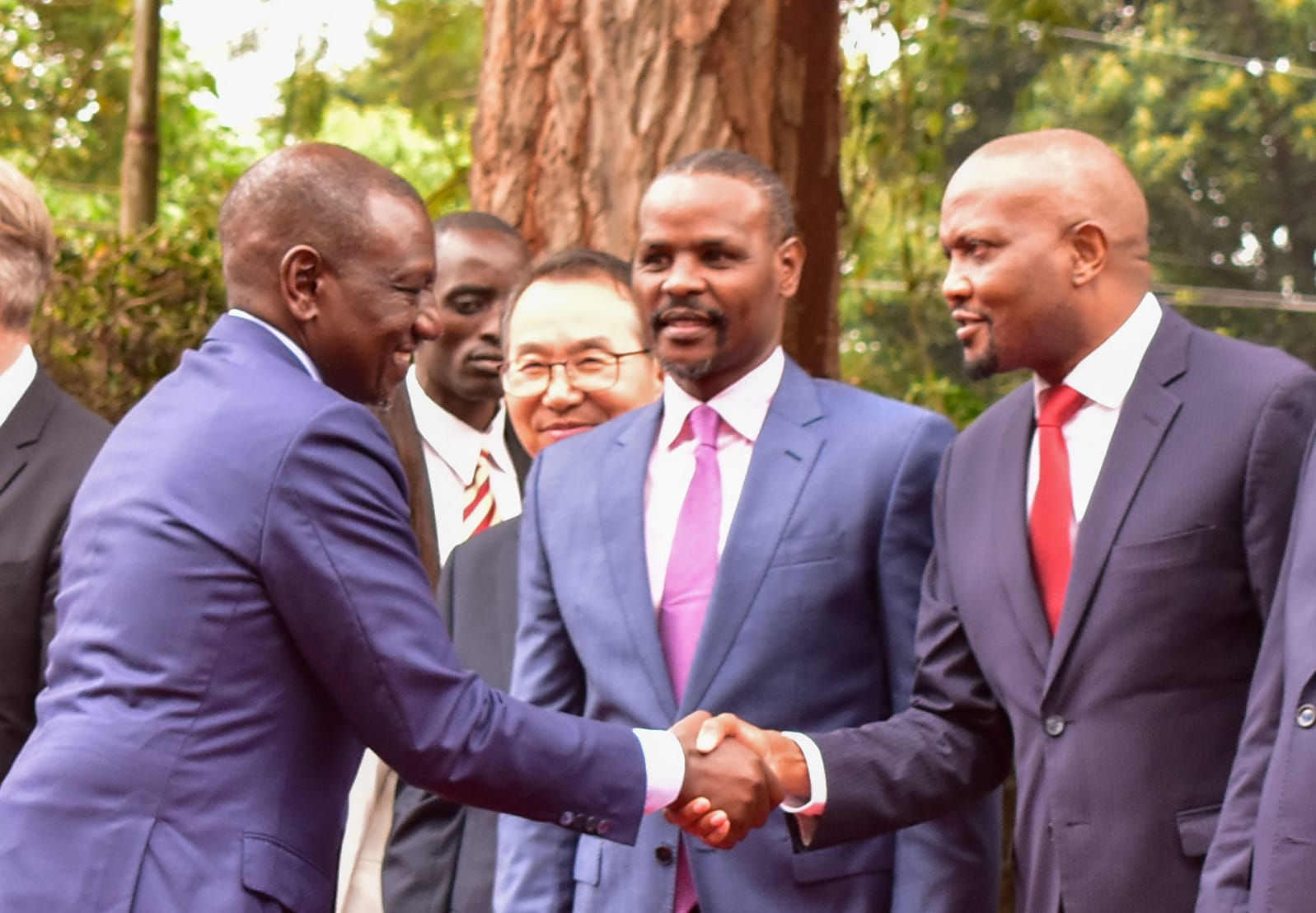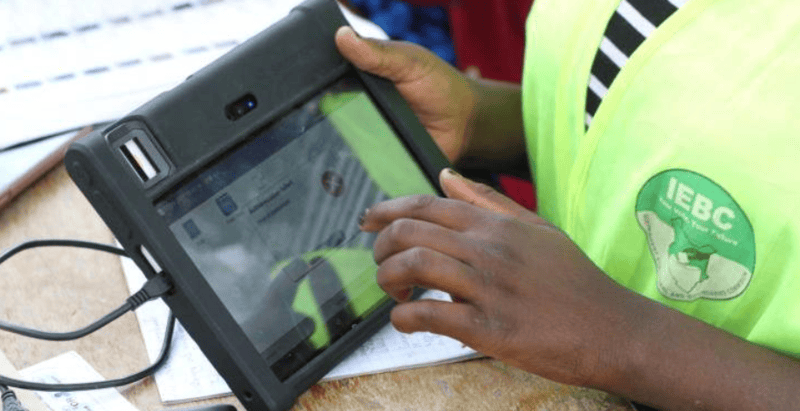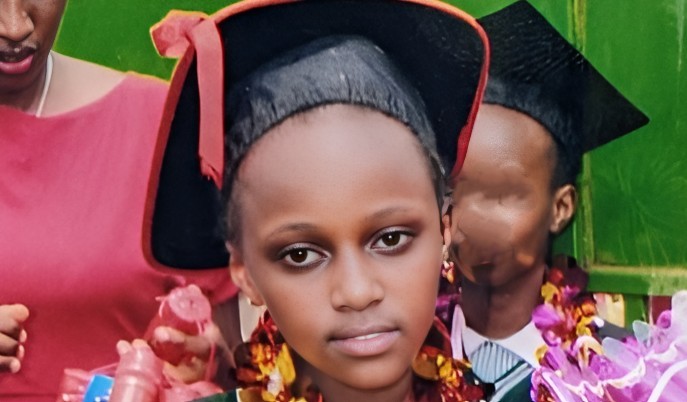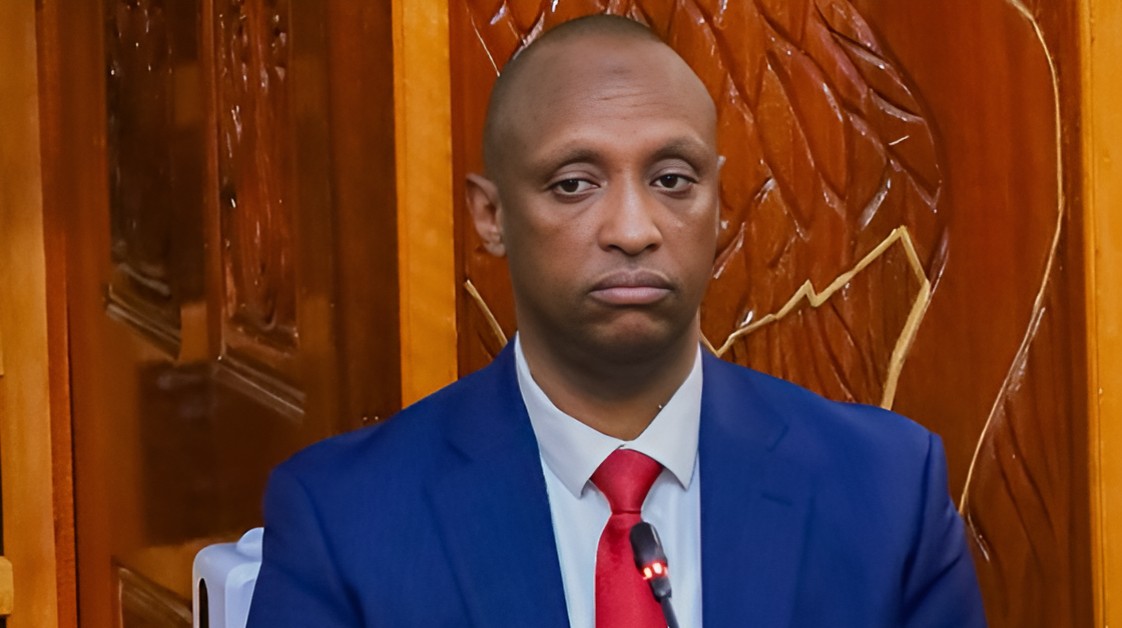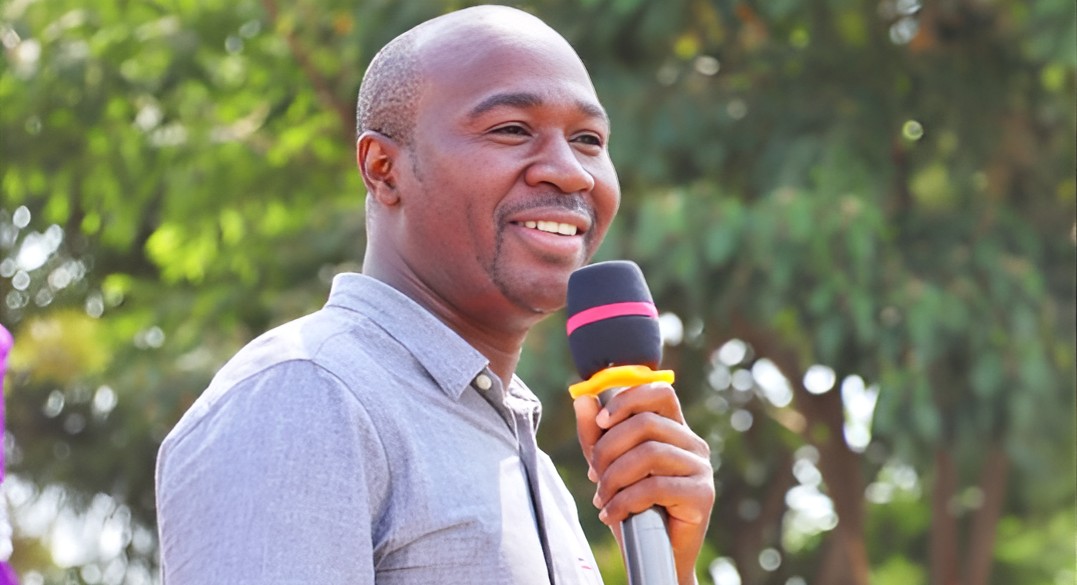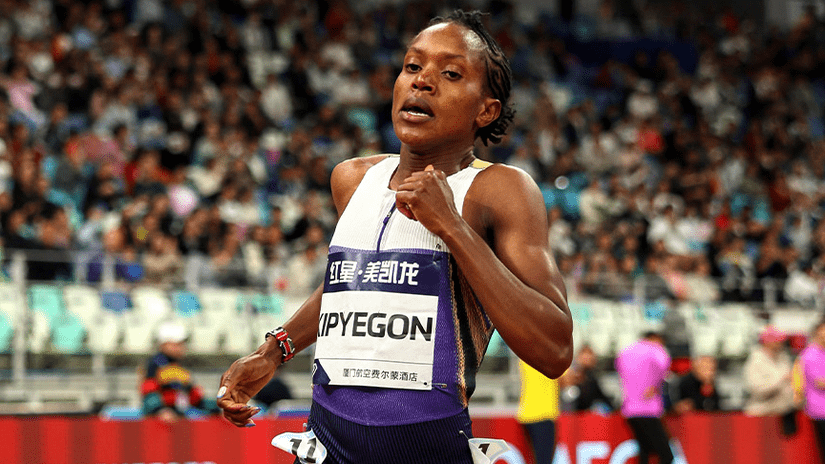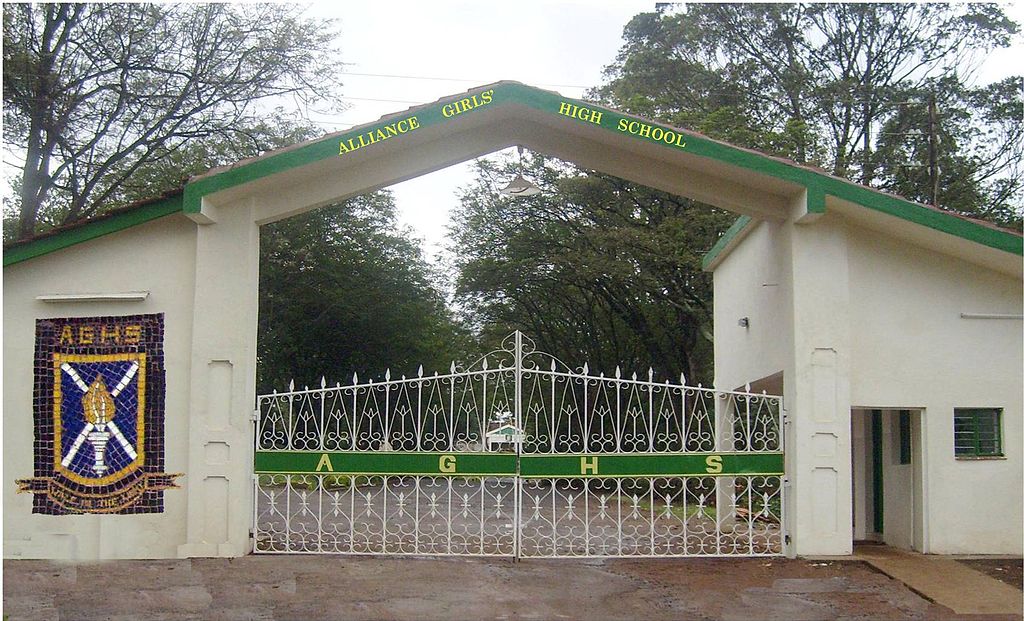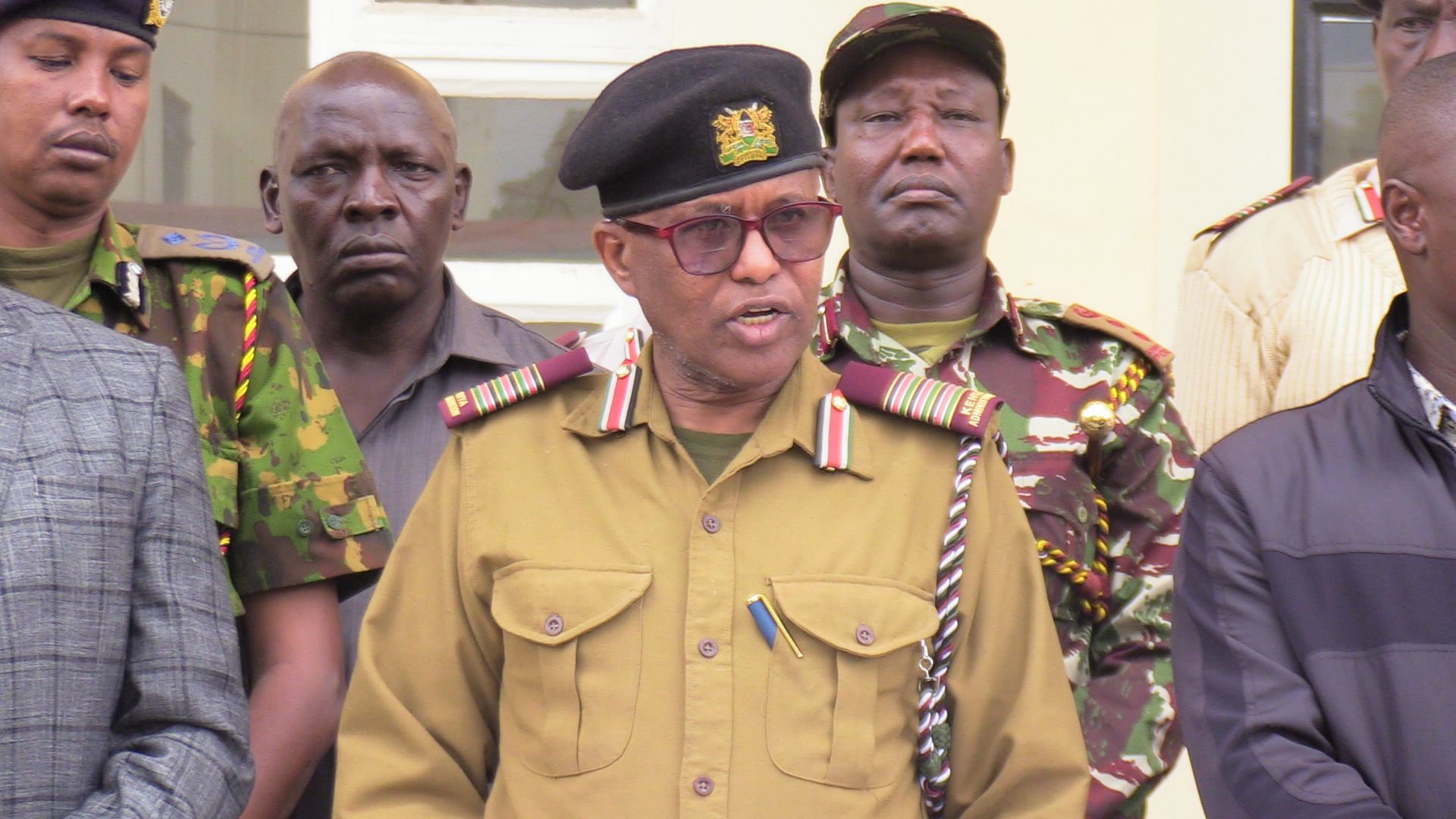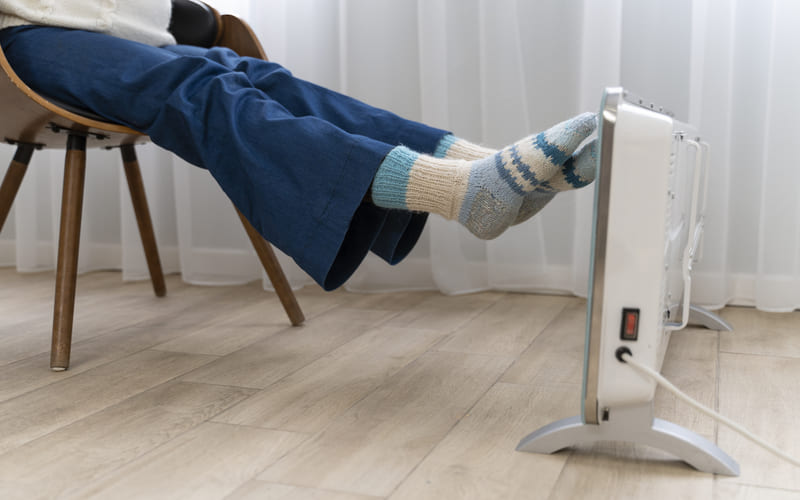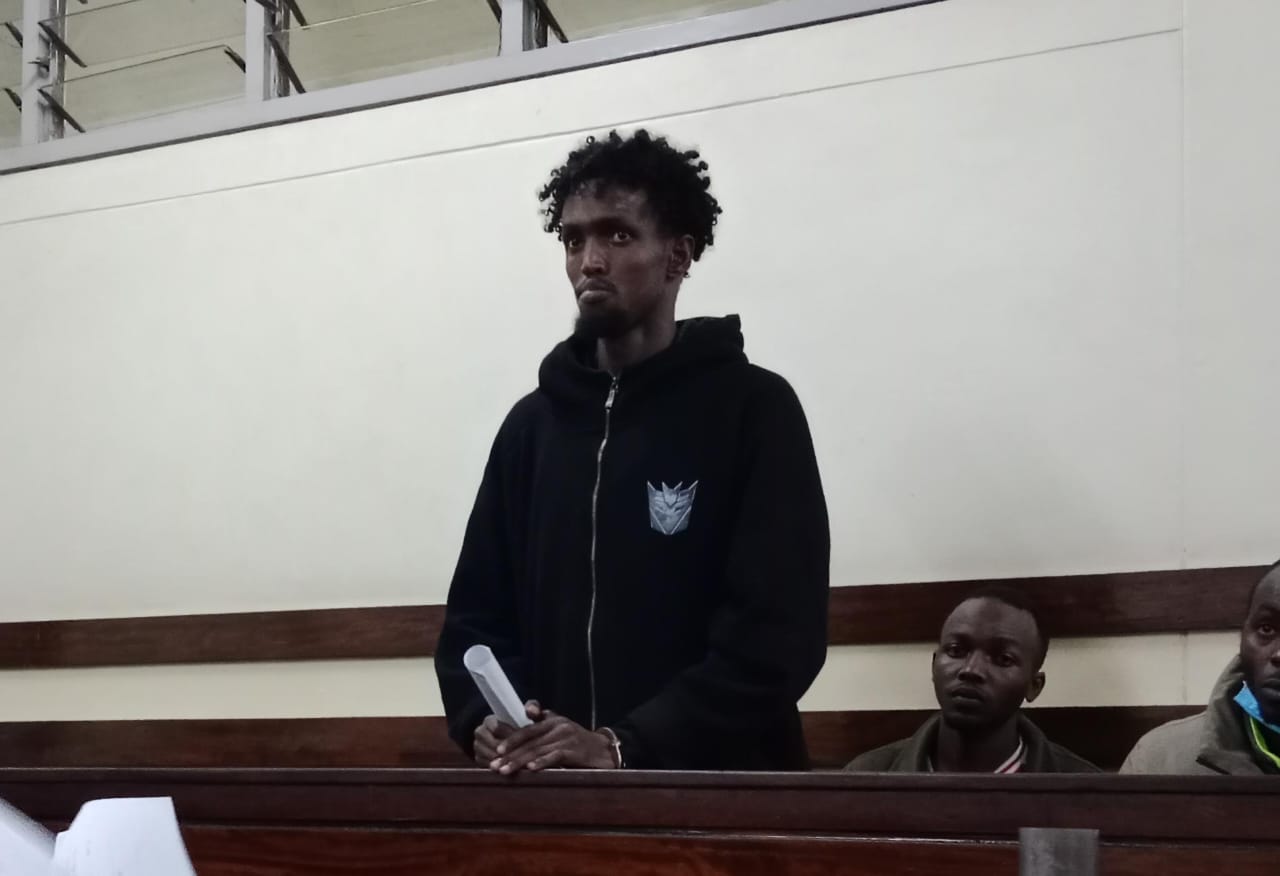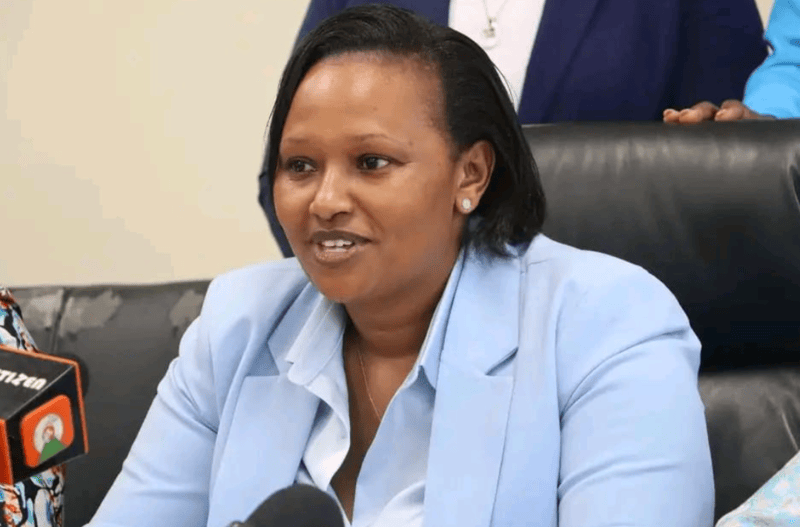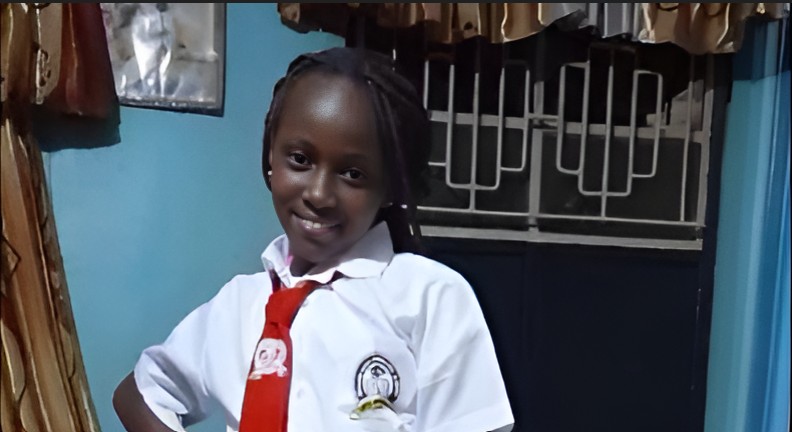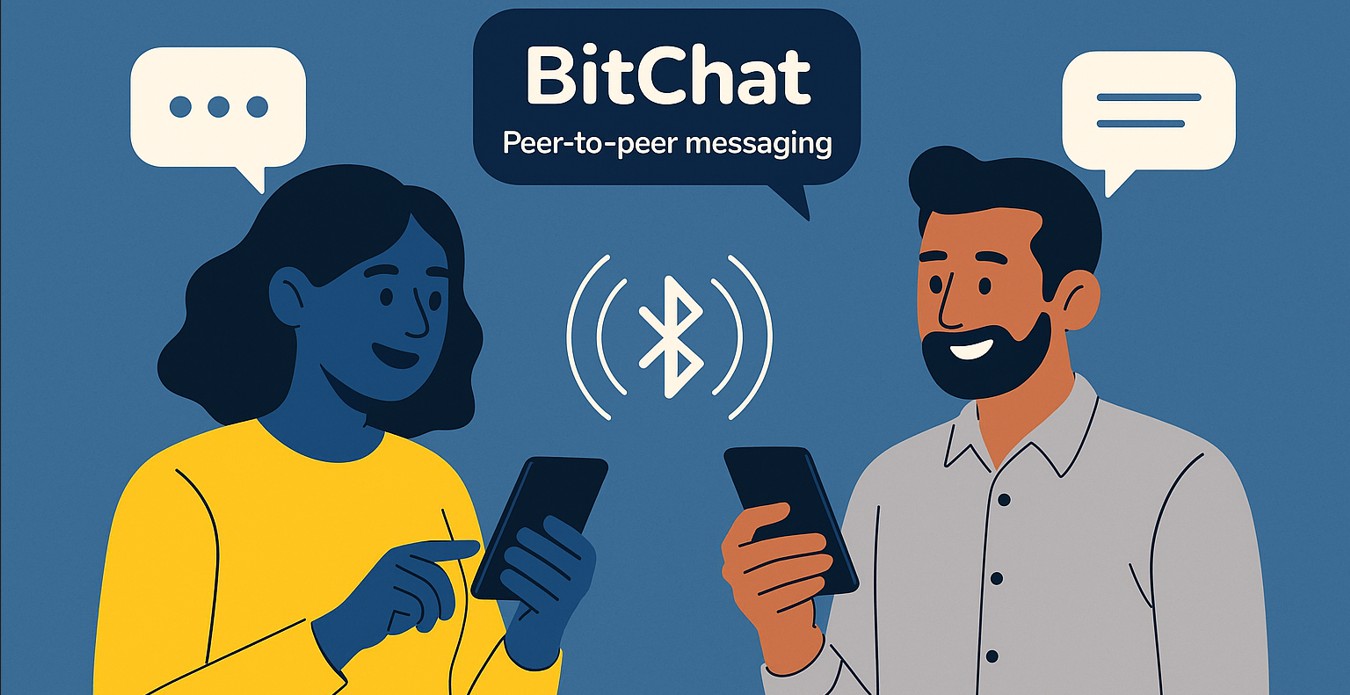Kenyan youth leader confronts UN in Geneva, demands action over protest deaths
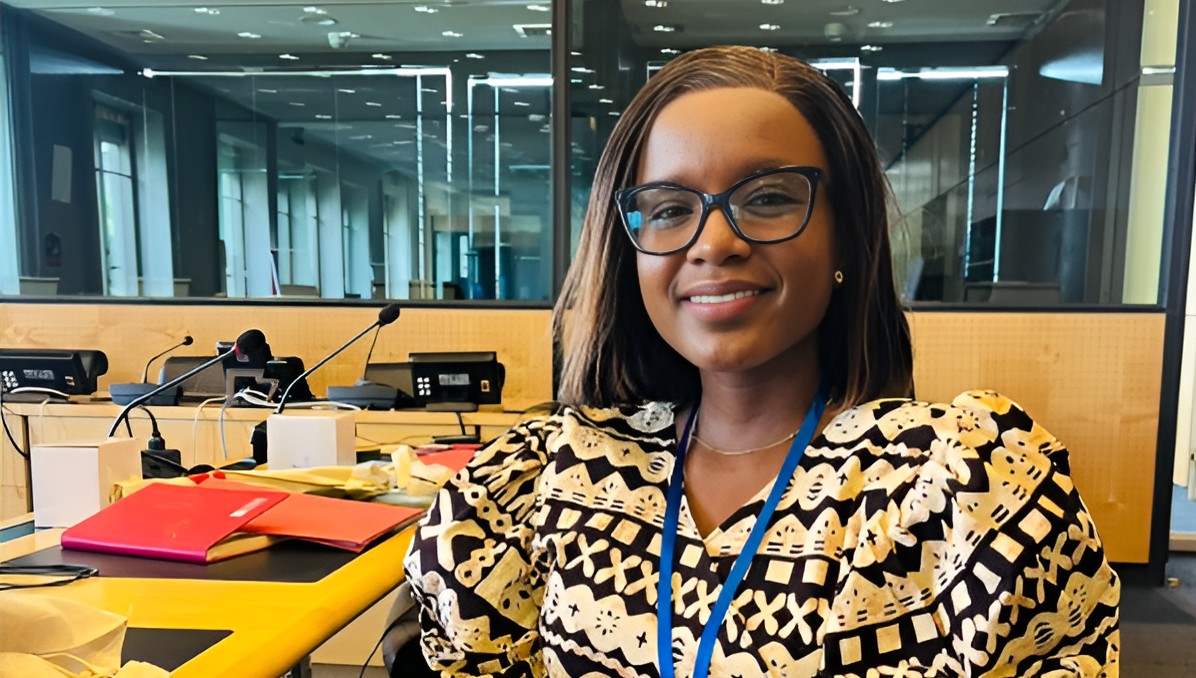
Faridah Ally, a founder of Care Elimu and a youth advisory board member at the UN Human Rights Office, challenged the global body over its inaction in the face of escalating violence targeting youth protesters in Kenya.
A powerful moment emerged at the United Nations Youth Rights Academy in Geneva when Kenyan education activist Faridah Ally confronted a panel of UN representatives with a direct and urgent question about the human rights crisis in Kenya.
Her bold intervention, captured in a video reviewed by The Eastleigh Voice, spotlighted the escalating abuses back home and prompted an official response from the UN Human Rights Office.
More To Read
- Kenyans rally behind #WeAreAllKikuyus, condemn tribal profiling following Saba Saba protests
- KEWOPA, health workers slam Kitengela Hospital invasion during Saba Saba protests
- IJM launches probe into protest killings, calls for justice for 12-year-old girl shot in Kiambu
- Saba Saba protest death toll rises to 31
- UN raises alarm over Kenya’s use of lethal force during Saba Saba demos, urges accountability
- Saba Saba tragedy: 12-year-old Bridgit Njoki killed by stray bullet while watching TV
Ally, a founder of Care Elimu and a youth advisory board member at the UN Human Rights Office, challenged the global body over its inaction in the face of escalating violence targeting youth protesters in Kenya.
“But currently, you're seeing we're being abducted, we're being killed, followed from our homesteads, taken to police stations and killed in police stations,” she said during the session.
“We go to the streets, we are being shot. The president has been addressing this. Documentaries have been done by the BBC. We’ve written to the UN, and we've even tried to hack systems. Still, the only thing we’ve seen are tweets from embassies. So what are we supposed to do to make the UN act?”
Police brutality
Ally's question came amid growing frustration among Kenyan youth over police brutality and rising state repression.
Shortly after her statement, Ally met with the UN High Commissioner for Human Rights Volker Türk, who assured her that a public response would be issued.
In a statement on X, Ally said she had met with Türk, and he assured her that a public statement would be the first step that the UN was ready to support young people in Kenya in their push for justice and accountability.
On July 8, a statement was released by UN spokesperson Ravina Shamdasani from Geneva.
The Office of the UN High Commissioner for Human Rights expressed deep concern over the recent wave of deadly violence in Kenya, where security forces responded to widespread protests with lethal force.
“We are deeply troubled by the killings yesterday (July 7, 2025) of at least 10 people, as well as looting and destruction of property in Kenya as police and other security forces responded to violent protests in the capital Nairobi and at least 16 other counties, ” the statement read.
Shamdasani noted that these incidents followed similar violence barely two weeks earlier when 15 protesters were reportedly killed.
Freedom of expression
The UN urged Kenyan authorities to fully respect the rights to freedom of expression, association, and peaceful assembly and called for prompt, thorough, and independent investigations into all reported killings and human rights violations.
"Under international human rights law, intentional lethal force by law enforcement officers, including with firearms, should only be used when strictly necessary to protect life from an imminent threat," said the UN.
Türk reaffirmed the UN's readiness to support Kenya in addressing the crisis and ensuring accountability.
"The High Commissioner repeats his call for all reported killings and other alleged violations and abuses of international human rights law, including with respect to use of force, to be promptly, thoroughly, independently and transparently investigated," said a UN spokesperson.
"Those responsible must be held to account."
Top Stories Today
